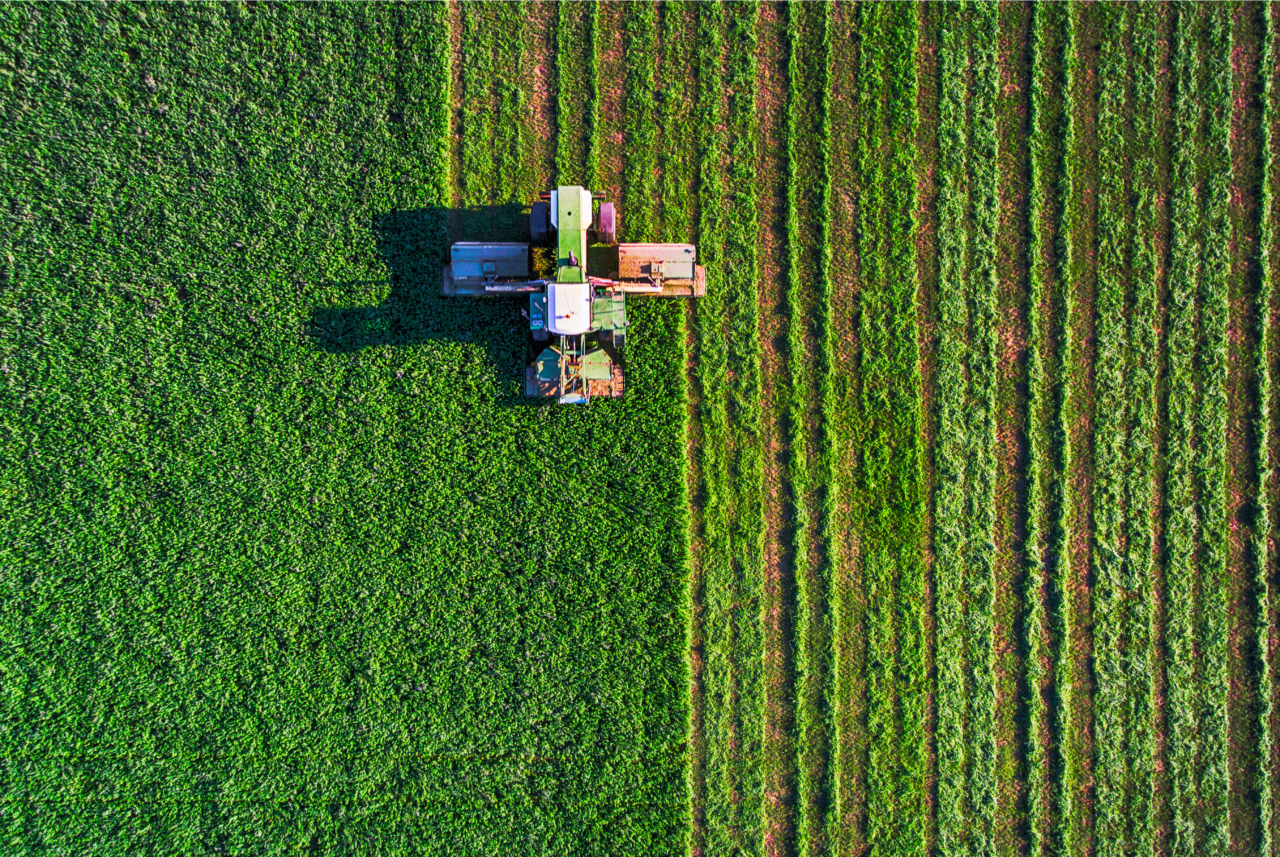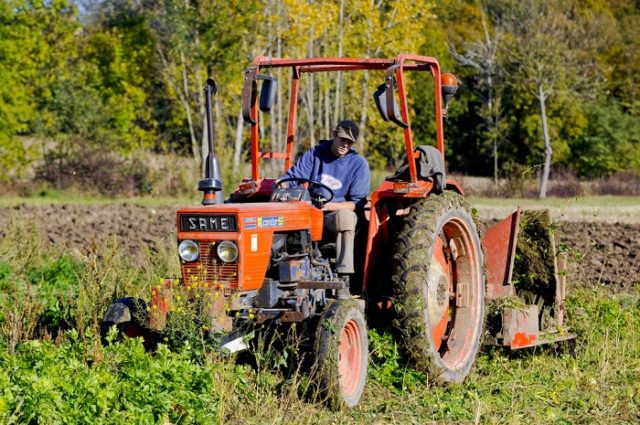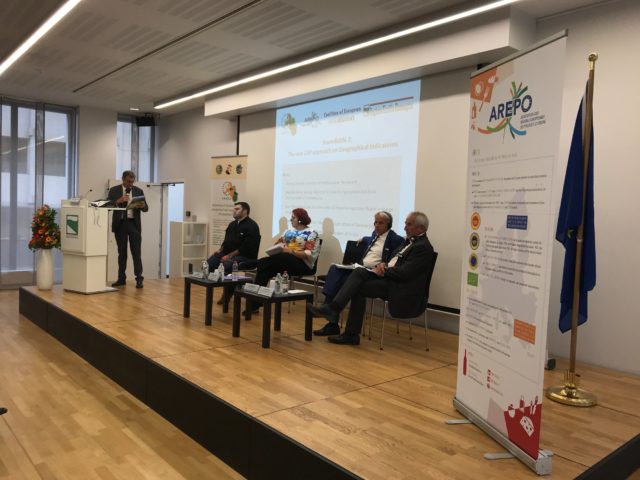After a long negotiation process started in 2018, the last CAP reform is coming to an end and the new CAP will come into force in January 2023, following a two-year transition period. Discover AREPO actions to achieve the right recognition of quality and origin products in the new CAP.
Introduction
The Common Agricultural Policy (CAP) of the European Union, launched in 1962, is a common policy to all EU Member States which has the following objectives (Article 39 TFEU):
- increasing agricultural productivity by developing technical progress, ensuring the rational development of agricultural production as well as better use of the factors of production, in particular labour;
- a fair standard of living for the agricultural community, with the common organisation of agricultural markets (CMO) and respect for the principles of price uniqueness, financial solidarity and Community preference;
- the stabilisation of markets;
- security of supply;
- reasonable prices for consumers.
The CAP is managed and financed through the EU budget through the European Agricultural Guarantee Fund (EAGF), which provides direct support and finances market support measures, and the European Agricultural Fund for Rural Development (EAFRD), which finances rural development. Payments are managed at national level by each EU country.
Current developments
Confronted with market changes, the environmental impact of agriculture and the growing demand for quality food, CAP has been subject to several reforms since 1992.
The review process was officially opened on 1 June 2018 with the presentation by the European Commission of new legislative proposals on the future of the CAP after 2020.
In June 2021, the European institutions reached a political agreement on the future of the CAP.
The three regulations were signed and published in December.
The Commission then started assessing the member states’ CAP strategic plans to present their feedback.
After a two-year transition period, the new CAP entered into force in 2023.
The EU GI system following the CAP reform
Significant improvements to the EU GI system have been achieved within the CAP reform, both in the Regulation on Strategic Plans and in the Amending Regulation (which proposed amendments to CMO Reg. 1308/13, Reg. 1151/12 on quality schemes for agricultural products and foodstuffs, Reg. 251/14 on GIs for aromatized wine, among other):
- The extension of the instrument of supply regulation (already existing for PDO/PGI cheese, ham and wine) to all PDO and PGI products;
- The scope of Regulation (EU) No 1151/2012 was extended to include aromatised wines;
- The human factor was reintroduced as a mandatory feature for defining a PDO, both for wine and foodstuffs. Furthermore, concerning the PDO and PGI product specifications, it was introduced the possibility, where relevant, of limiting the details concerning human factors as link of the quality to a particular geographical environment to a description of the soil and landscape management, cultivation practices or any other relevant human contribution to the maintenance of the natural factors of the geographical environment;
- The possibility to voluntarily include elements of sustainability in the specifications;
- The alignment of the definition of designation of origin and geographical indication with that given at international level in the Lisbon Agreement. In addition, the definition of geographical indication is harmonised with the definition of designation of origin, clarifying the position of PGI whose name is not linked to the name of the region;
- The extension of the scope of protection for all GI products, including goods in transit and sold through means of electronic commerce, namely against the abuse of their reputation;
- The simplification of the procedure for approval of amendments. The legislative text introduces a distinction between Union amendments and standard amendments.





